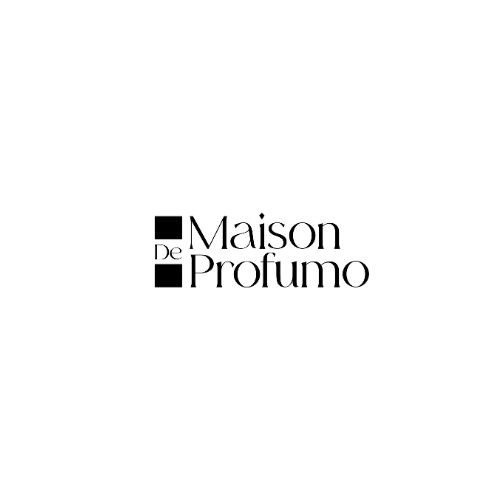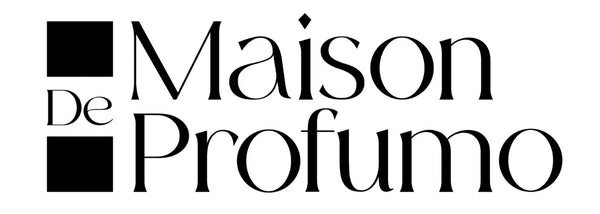The Art and Science of Master Perfumers: Creating the World's Best Fragrances
Introduction
Master perfumers, also known as "noses," are the architects behind the world's most captivating fragrances. These artists and scientists possess a rare combination of creativity, technical knowledge, and a highly developed sense of smell. This article delves into the intricate world of master perfumers, exploring their training, skills, and the impact they have on the fragrance industry.
The Role of a Master Perfumer
Definition and Responsibilities
A master perfumer is responsible for creating and developing new fragrances. Their work involves:
- Conceptualizing: Developing the initial idea or inspiration for a fragrance.
- Blending: Combining various essential oils and aromatic compounds to create a unique scent.
- Testing: Evaluating the stability and longevity of the fragrance.
- Collaborating: Working with marketing teams, designers, and other professionals to bring a fragrance to market.
Skills and Qualities
Master perfumers must possess a unique set of skills, including:
- Exceptional Olfactory Sense: The ability to identify and distinguish between thousands of different scents.
- Creativity: The artistic skill to create unique and appealing fragrances.
- Scientific Knowledge: Understanding the chemistry of fragrance materials and their interactions.
- Attention to Detail: Precision in measuring and blending ingredients.
The Journey to Becoming a Master Perfumer

Educational Background
The journey to becoming a master perfumer typically involves:
- Formal Education: Degrees in chemistry, biochemistry, or related fields.
-
Specialized Training: Attending prestigious perfume schools, such as:
- ISIPCA (Institut Supérieur International du Parfum, de la Cosmétique et de l'Aromatique Alimentaire) in France.
- Givaudan Perfumery School in Switzerland.
- IFF Perfumery School in the United States.
Apprenticeships
After formal education, aspiring perfumers often undergo apprenticeships, where they learn from experienced professionals. These apprenticeships can last several years and involve:
- Hands-on Experience: Working in labs to develop and test fragrances.
- Mentorship: Receiving guidance and feedback from established master perfumers.
Certification and Recognition
To achieve the status of a master perfumer, one must:
- Build a Portfolio: Create a collection of successful fragrances.
- Gain Industry Recognition: Earn respect and acknowledgment from peers and industry leaders.
- Continuous Learning: Stay updated with the latest trends and advancements in perfumery.
The Creative Process of a Master Perfumer

Inspiration and Concept Development
Master perfumers draw inspiration from various sources, including:
- Nature: The scents of flowers, fruits, and woods.
- Memories: Personal experiences and emotions.
- Art and Culture: Visual arts, music, and literature.
Fragrance Composition
Creating a fragrance involves several steps:
- Briefing: Understanding the client's vision and requirements.
- Selection of Raw Materials: Choosing essential oils, absolutes, and synthetic compounds.
- Blending: Combining ingredients in precise proportions to achieve the desired scent.
- Evaluation: Testing the fragrance for balance, longevity, and sillage (the trail left by the scent).
Testing and Refinement
The testing phase includes:
- Stability Testing: Ensuring the fragrance maintains its quality over time.
- Skin Testing: Evaluating how the fragrance interacts with the skin.
- Feedback and Adjustments: Making necessary adjustments based on feedback from testers and clients.
The Impact of Master Perfumers on the Fragrance Industry
Innovation and Trends
Master perfumers play a crucial role in setting industry trends. Their innovative creations often lead to:
- New Fragrance Families: Introducing unique scent profiles and combinations.
- Sustainable Practices: Developing eco-friendly and sustainable fragrance ingredients.
Brand Development
Master perfumers collaborate with major brands to create signature scents, which:
- Enhance Brand Identity: Align with the brand's image and values.
- Drive Sales: Attract customers and boost sales through captivating scents.
Consumer Influence
Master perfumers also influence consumer preferences by:
- Educating the Public: Sharing knowledge about fragrances and their components.
- Creating Memorable Experiences: Designing scents that evoke emotions and memories.
Notable Master Perfumers and Their Contributions
Jean-Claude Ellena
- Known For: Minimalist and transparent compositions.
-
Signature Fragrances:
- Hermès Terre d’Hermès
- Hermès Jour d’Hermès
Alberto Morillas
- Known For: Creating some of the best-selling fragrances worldwide.
-
Signature Fragrances:
- Calvin Klein CK One
- Giorgio Armani Acqua di Giò
François Demachy
- Known For: Modern and sophisticated scents.
-
Signature Fragrances:
- Dior Sauvage
- Dior J’adore
Olivier Polge
- Known For: Blending traditional and contemporary elements.
-
Signature Fragrances:
- Chanel Gabrielle
- Chanel No. 5 L’Eau
Tables and Bullet Points for Enhanced Readability
Key Skills of a Master Perfumer
| Skill | Description |
|---|---|
| Exceptional Olfactory Sense | Identifying and distinguishing thousands of scents |
| Creativity | Artistic skill to create unique fragrances |
| Scientific Knowledge | Understanding fragrance chemistry |
| Attention to Detail | Precision in measuring and blending ingredients |
Popular Fragrance Families Created by Master Perfumers
-
Floral:
- Examples: Rose, Jasmine, Tuberose
-
Citrus:
- Examples: Bergamot, Lemon, Grapefruit
-
Woody:
- Examples: Sandalwood, Cedarwood, Vetiver
-
Oriental:
- Examples: Vanilla, Amber, Myrrh
Steps in Fragrance Creation
- Inspiration and Concept Development: Drawing from nature, memories, art, and culture.
- Fragrance Composition: Briefing, selection of raw materials, blending, and evaluation.
- Testing and Refinement: Stability testing, skin testing, and making adjustments based on feedback.
Conclusion
Master perfumers are the unsung heroes of the fragrance industry, blending art and science to create scents that captivate our senses and evoke deep emotions. Their meticulous training, unique skills, and innovative approaches continue to shape the world of perfumery, leaving an indelible mark on both the industry and consumers alike.

